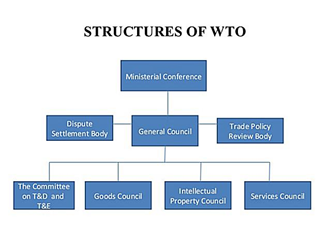1. Market Access
E-commerce platforms provide food processing enterprises with broader market access, enabling them to reach a diverse and expansive customer base across various geographies. This is particularly beneficial for MSMEs that may lack the resources for extensive physical distribution networks.
2. Supply Chain Efficiency
By integrating digital tools, e-commerce streamlines the supply chain, reducing inefficiencies and ensuring timely delivery of raw materials and finished products. This integration helps in maintaining the quality and freshness of processed food items.
3. Cost Reduction
The use of e-commerce reduces the costs associated with traditional retail, such as rent and utilities for physical stores. These savings can be redirected towards improving product quality and innovation, thus enhancing the competitiveness of food processing units.
4. Consumer Insights and Customization
E-commerce platforms collect valuable data on consumer preferences and purchasing patterns. This data enables food processing companies to tailor their products to meet specific consumer demands, offering customized and innovative food solutions.
5. Enhanced Visibility and Branding
Online platforms provide opportunities for food processing companies to enhance their visibility and brand recognition. Effective online marketing strategies, including social media campaigns and digital advertising, help in building strong brand identities and fostering consumer loyalty.
6. Promotion of Niche and Organic Products
E-commerce platforms are ideal for promoting niche, organic, and specialty food products. These platforms enable producers of such items to find targeted customer segments interested in high-quality, health-focused food options.
7. Employment Generation
The growth of e-commerce in the food processing sector generates new employment opportunities, including roles in digital marketing, logistics, customer service, and IT support, contributing to overall economic development.
Spread the Word





